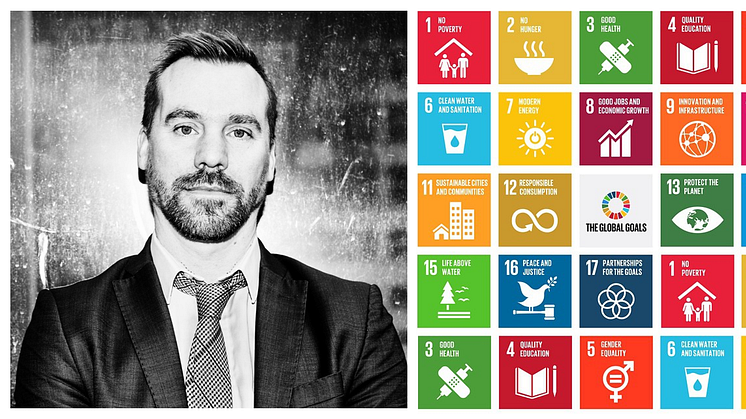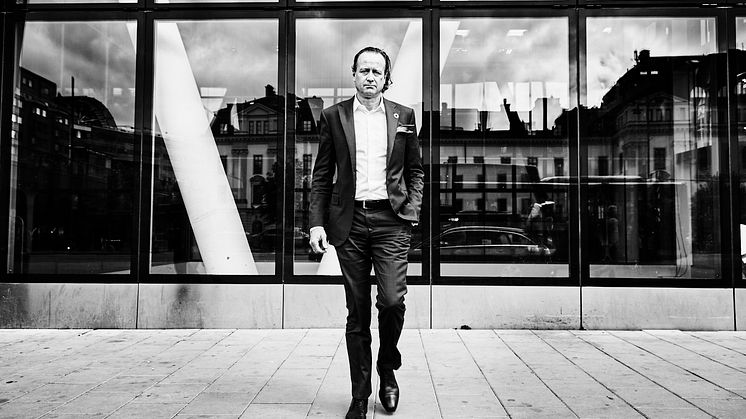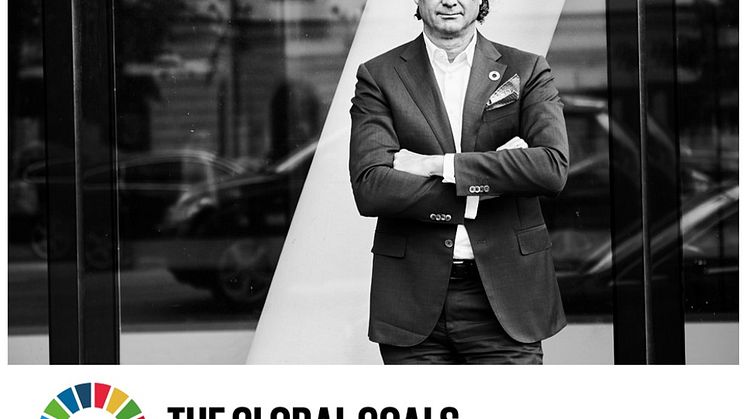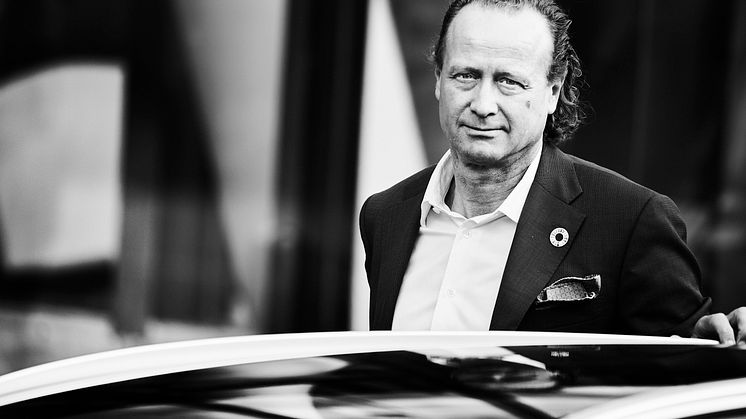
Nyhet -
AGENDA 2030 "With only 13 years to go there’s no time to waste"
Two years ago today the United Nations, backed by 193 member states, launched a blueprint for sustainable development towards 2030. The 17 Sustainable Development Goals cover a range of critical environmental and social issues like climate change, healthcare, education and clean water. If achieved, these goals would deliver a sustainable and well-functioning global community in tune with the needs of the natural environment.
Not surprisingly, at the launch of such a grand and ambitious undertaking, the critics were out in force and had plenty to say. The goals were too many, too vague or too unrealistic. The chances of achieving widespread acceptance and action were slim. They lacked the teeth of a binding resolution and the clarity of a roadmap. In short, they were doomed to fail.
Common framework for action and communication
Two years into a 15-year race, it is of course far too early to draw conclusions on the success of the goals. However it is possible to gauge how well they have been accepted by the international community, and whether they can provide a common framework for action. On both counts, the goals have delivered beyond all expectations. In a short period, they have formed a common language in which to discuss and prioritize sustainable development. They have been adopted not only by UN member states, but by a large portion of the international business community and civil society. Using the goals Greenpeace can talk to Shell and Shell can talk to Uganda. There may of course be disagreement on tactics, resources needed and focus, but the goals are the goals: universal, urgent and unambiguous.
The rate of CO2 reduction needs to match the historical rate of CO2 increase
This is not to say that the critics have gone underground, they are still as persistent and pessimistic as ever. And let’s face it, they have a point. Despite rapid and disruptive developments in the clean energy market oil, coal and gas remain the world’s primary sources of energy. Projections show that if the world is to limit global warming to under 2 degrees as stipulated by the Paris agreement, the rate of CO2 reduction needs to match the historical rate of CO2 increase. Inequality is rife with the richest 1% of the world’s population controlling 40% of global assets while the poorest half owns just 1%. At the same time rates of corruption in some of the world’s most populous nations is off the scale.
Roll up our sleeves and get the job done
While these challenges may be sobering, pessimism is both unwarranted and unwelcome. We have no other option than to roll up our sleeves and get the job done. Transform the economy and capitalize on the enormous advances in green technology taking place all over the world. Achieve universal health coverage through private-public partnerships and cut erosive corruption through stringent regulation and aggressive law enforcement. Often much is made of our obligations to future generations. While they are of course important, there is really no need to conjure them up to justify action. The suffering caused by inequality, Category 5 tropical storms, rainfall failure and lack of basic health care services is here and now. Our first obligation is to ourselves and by now it should be clear to all but the most hard-boiled critics that the only way to preserve and enhance our way of life is through sustainable development. With only 13 years to go there’s no time to waste.
Matthew Smith, Head of Sustainable Investments at Storebrand/SPP



